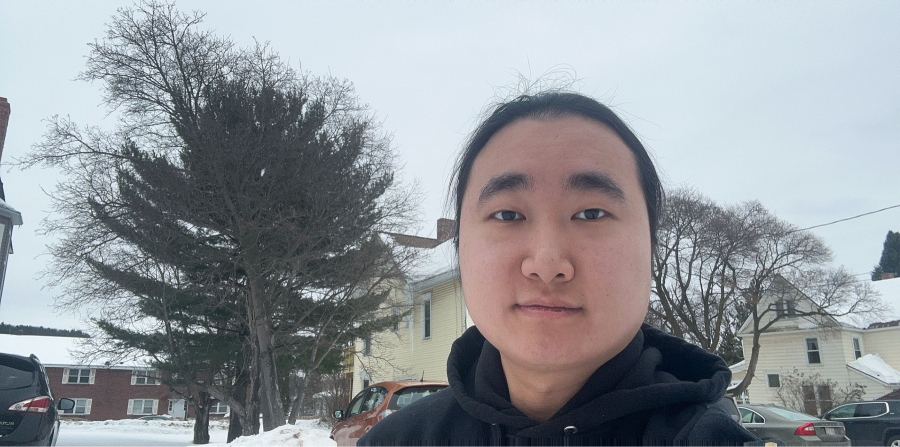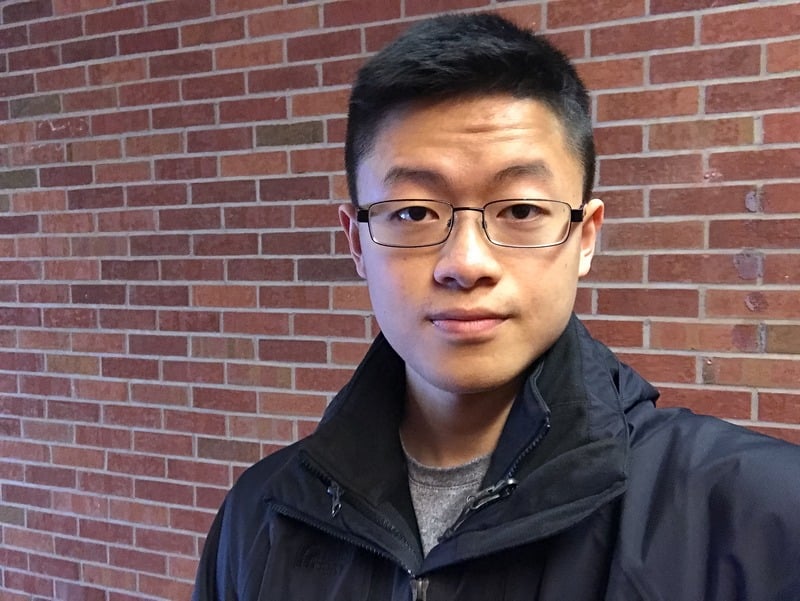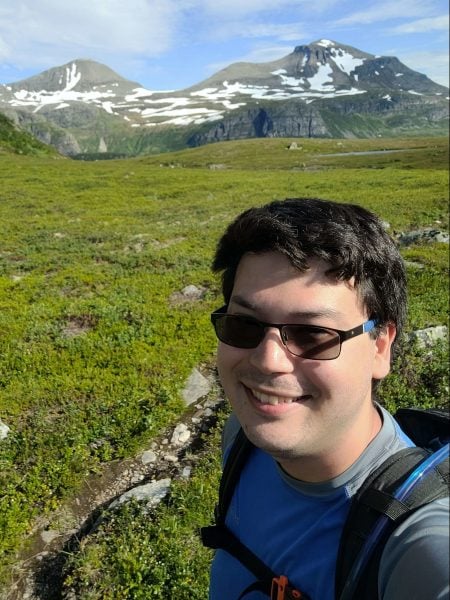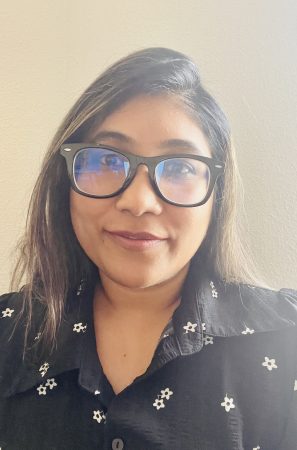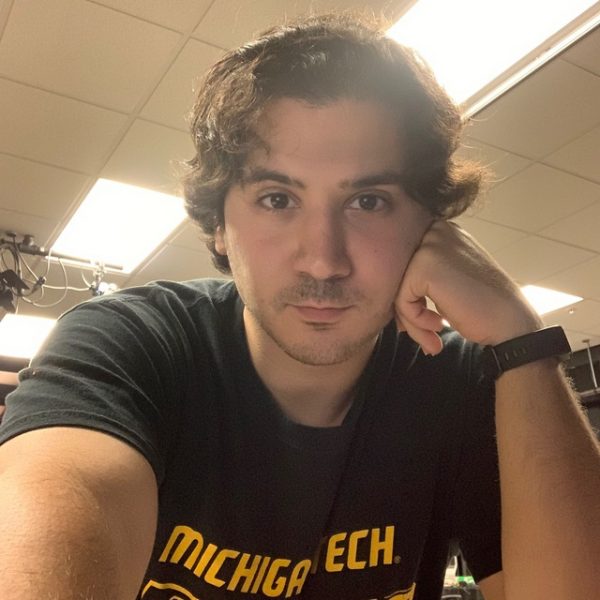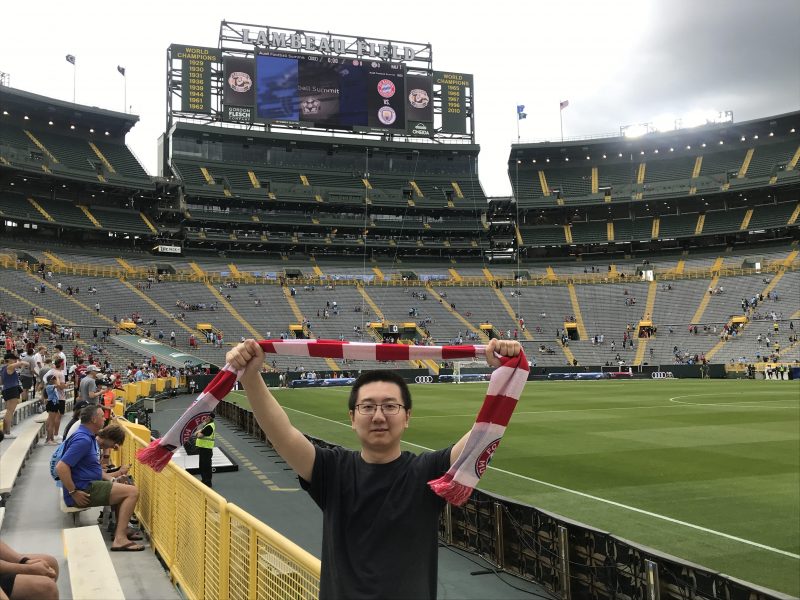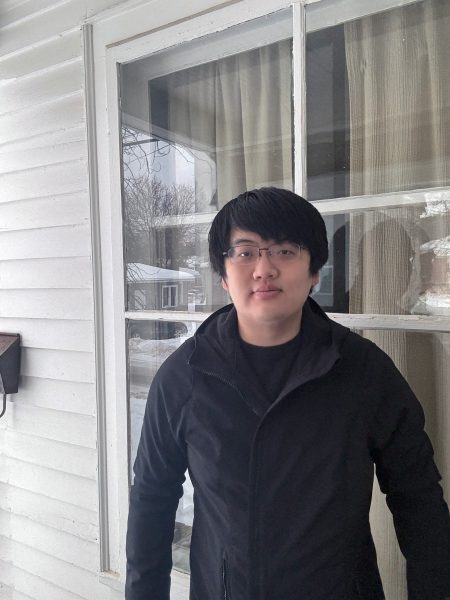
I began my Ph.D. journey at Michigan Technological University in Fall 2018, joining the Department of Computer Science under the guidance of Dr. Scott Kuhl. Over the years, my research has spanned diverse fields, including computer graphics, human perception, and augmented and virtual reality (AR/VR). My dissertation, in particular, focuses on developing innovative interaction techniques for AR systems.
In this work, previously supported by funding from the National Science Foundation (NSF), I explore the use of acoustic sensors to transform everyday surfaces into intuitive interactive interfaces. By detecting and localizing taps on surfaces through advanced signal processing and algorithms, my system offers a natural, portable, and seamless way to interact with AR technologies. This approach addresses the limitations of traditional input methods in immersive environments, integrating AR more effectively into daily life and making it more accessible.
I am deeply grateful to Michigan Tech’s Graduate School and the Graduate Dean Awards Advisory Panel for awarding me the Finishing Fellowship, which enables me to focus on completing my research. I extend heartfelt thanks to Dr. Scott Kuhl and Dr. Keith Vertanen for their invaluable mentorship, which has been pivotal in navigating the challenges of interdisciplinary research.
Looking ahead, I am excited to share my findings with the academic and professional community, contributing to advancements in AR technology and enhancing how humans connect with the digital world.
